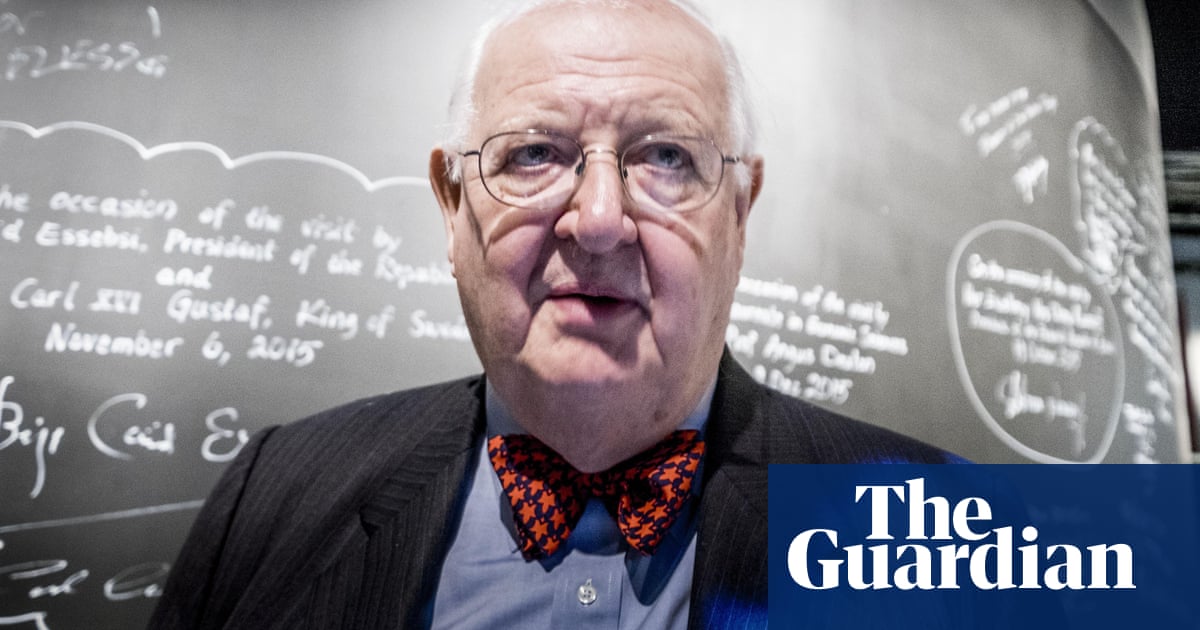
As a child, in the back of the car on drives along the motorway, I would look for connections between the number plates on surrounding cars. How many started with an odd number? How many with an even number? The search for patterns is a common human trait. People also see images in TV static, or nonexistent patterns in the goals scored in football games. There is a term for this: illusory pattern perception, the human tendency to try to make sense of the world by finding relationships between stimuli. It has been found to be a “central cognitive mechanism” accounting for conspiracy theories and supernatural beliefs.
I see this in the inclination to stitch together disparate cultural events (see, here I am, looking for meaning) that has become widespread on social media. The tendency to think that everything can be linked to something else, or compared, or both, and hence explained. The recent Oscars slap by the actor Will Smith was compared, nonsensically, to both Harvey Weinstein’s sustained history of sexual abuse and harassment, and Russia’s invasion of Ukraine. This was just one recent example of something that happens all the time.
There are the associations drawn between politicians and the types of boyfriends common to stock internet jokes. The wildly inappropriate and crass comparisons between geopolitical disasters such as the US invasion of Afghanistan and interpersonal conflict such as familial abuse. Or even between Afghanistan and the generational fall in living standards experienced by some western millennials (a rise in student debt or rent is of course bad, but not even vaguely comparable to living in a conflict zone). Recently, I’ve noticed a trend whereby Americans refer to themselves as residents of a “failed state”. Words such as violence and harm are used to mean slightly different things, and then slightly different things again, and again and again, until those words don’t really mean anything at all.
This thing is basically that thing, which is just like another thing, which is practically something else. On and on and on it goes, in a never-ending chain of nonsense, each iteration stripping back a layer of seriousness until none remains. It is chaos born out of an attempt to make sense of the enormous flux of disparate information on social media. The endless stream of celebrity gossip, wars, professional announcements, kidnappings, birthdays, statistics about rent and gas and the rising cost of a pint and the cinema, political corruption, good news about friends, good news about enemies, sexual violence. Everything. Too much.
And all of it is flattened. Everything depicted on social media is presented in the same small number of available formats: scraps of text, photos, links (for further information or to convey authority?), short video clips and cartoons. Everything is reduced to little squares of information, like car number plates on a motorway. There is no real distinction made, in terms of the presentation of information, between the gravity of disparate events or the severity of situations. The gulf between serious and silly is collapsed. Concepts like “trigger warnings” emerge and quickly become so widespread and misused that they aren’t meaningful. I recently saw suggestions that they should be applied to April Fools’ Day pranks.
Nothing is in proportion. Even death is strangely meaningless. One illustration of this is how normal it has become for people to send strangers on social media messages telling them to kill themselves (the last time I received such a message, for example, was a few weeks ago). We can talk about the clear internet poisoning at work here, or we can say this behaviour is unhinged. That doesn’t detract from how strange it is. And how strange it is that I doubt anyone who sends a message like this even means it. Because killing yourself is just like violence, which is practically Harvey Weinstein, which is basically a slap at the Oscars, which is more or less a Russian tank, which is, for all intents and purposes, a toxic ex-boyfriend.
I don’t know what we gain from treating cultural events and life experiences as interchangeable units of information which can be easily linked, like nodes in a huge, all-encompassing web. But I think we lose our sense of life as it really is. When we see the meaning of an event in terms of its relationships to something different, it is the relationship we consider rather than the event itself.
And I wonder if this is the point. If this is a way to insulate ourselves from the true weight of certain facets of reality. A way of addressing wars and suicides and sexual assaults and so many other brutalities without really considering them; of touching everything without feeling it. Because, who really wants to take it all in?
When I think of the cars on the motorway, it was very rare that I could connect the numbers. Mostly it worked if I cheated a bit. I could count two odd starting numbers in a row and if the next was an even, I could look to the second in the row for an odd, maybe count two more like that. Or start again, looking for prime numbers this time. And then three plates later, a new rule. But it was a good distraction. I could do it for hours.
Rachel Connolly is a London-based journalist from Belfast












